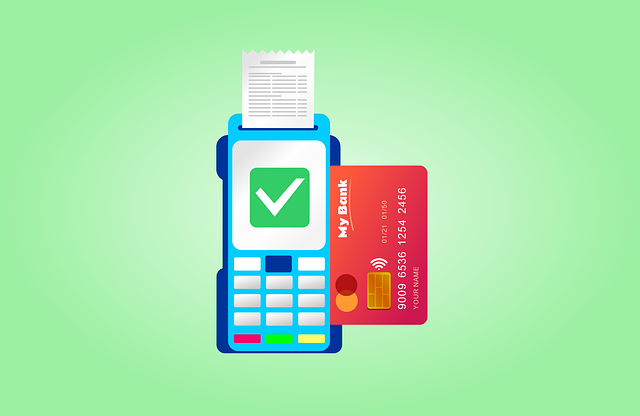Robust security, including strict Anti-Money Laundering (AML) protocols and Know Your Customer (KYC) procedures, is vital for online casino payments to protect transactions, deter illicit activities, and maintain player trust in a highly regulated digital gambling environment. Advanced technologies, secure identity systems, and adherence to international guidelines are key to ensuring compliance and safeguarding funds.
In the dynamic landscape of online gambling, ensuring robust security and compliance is paramount. Anti-Money Laundering (AML) measures play a crucial role in safeguarding the integrity of online casino platforms and their customers’ funds. This article delves into the essential components of AML, focusing on its pivotal role in securing online casino transactions. We explore key regulations governing casino payments, best practices for implementing AML protocols, and strategies to mitigate risks associated with Online Casino Payments.
- Understanding AML: Its Role in Online Casino Security
- Anti-Money Laundering Regulations for Casino Payments
- Best Practices: Safeguarding Funds with AML Measures
Understanding AML: Its Role in Online Casino Security

In the dynamic landscape of online casino gaming, ensuring robust security measures is paramount, and Anti-Money Laundering (AML) plays a pivotal role in this regard. AML protocols are designed to safeguard the integrity of financial transactions, particularly in the context of online casino payments. These regulations aim to prevent criminal activities like money laundering, terrorist financing, and fraud by verifying customer identities and monitoring suspicious patterns in financial dealings.
By implementing stringent AML practices, online casinos can foster a secure environment for players. This involves rigorous Know Your Customer (KYC) procedures, real-time transaction monitoring, and effective reporting mechanisms to regulatory bodies. Such measures not only deter potential illicit activities but also enhance the overall trust and reputation of legitimate online gambling platforms.
Anti-Money Laundering Regulations for Casino Payments

The world of online casino payments is subject to stringent Anti-Money Laundering (AML) regulations, designed to curb financial crimes and ensure the integrity of the industry. These regulations demand that casinos implement robust Know Your Customer (KYC) procedures, verify player identities, and monitor transactions for any signs of suspicious activity. For online casinos, managing these requirements can be complex, especially when dealing with global customers.
Effective AML compliance in online casino payments involves employing advanced technologies to track and analyze financial patterns, integrating secure identity verification systems, and fostering transparency throughout the transaction process. Casinos must stay up-to-date with evolving regulatory landscapes, as international bodies continuously refine guidelines to counter money laundering and terrorist financing. Adhering to these standards not only safeguards the online casino industry but also protects players from potential financial risks.
Best Practices: Safeguarding Funds with AML Measures

In the highly regulated online gambling industry, particularly within the realm of online casino payments, implementing robust Anti-Money Laundering (AML) measures is non-negotiable. Best practices involve integrating advanced AML software capable of scrutinizing financial transactions for any suspicious activity or patterns indicative of illicit money laundering schemes. This technology plays a crucial role in identifying high-risk customers and monitoring their activities to safeguard funds.
Furthermore, online casinos must foster a culture of compliance by rigorously verifying customer identities (KYC) and maintaining detailed records of transactions. Regular audits and updates to AML policies are essential to navigate the evolving landscape of money laundering techniques. By adhering to these best practices, online casino operators can effectively protect their platforms, maintain regulatory integrity, and ensure the security of players’ funds in a bustling digital environment.
In conclusion, implementing robust Anti-Money Laundering (AML) measures is paramount for online casino operators to ensure regulatory compliance and protect their platforms. By understanding the critical role of AML in securing online casino transactions, staying informed about relevant regulations for casino payments, and adopting best practices, casinos can effectively safeguard funds and maintain a secure environment for their players within the digital gaming landscape.






